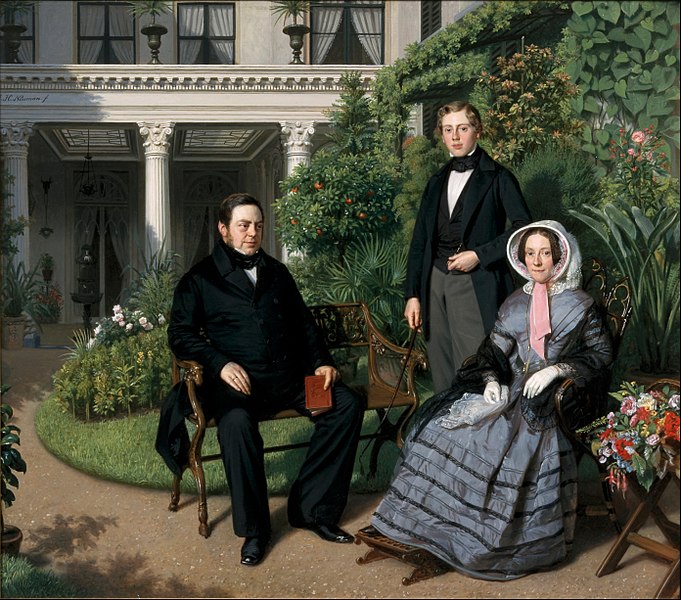
Most people would agree that children have special duties to their parents, even once the children have grown up. We might feel an obligation to keep in touch with them, for example, or to care for them in their old age. Where do these duties come from?
- Certainly my parents have done a great deal for me, so perhaps I owe them a debt. But it seems there’s no way to repay this debt completely, and I seem to owe it regardless of how great (or small) a burden I was to them as a child. (Also my obligation to them seems to vary with my own circumstances, which is not the case with other debts.)
- Perhaps what I really owe them is an appropriate gratitude for what they’ve done for me. But this doesn’t seem right either — if I help my mother through a difficult time, fundamentally it’s because she wants me there, not to show that I recognize and appreciate what she’s done for me. Also, I seem to feel a duty to her even if I required relatively little sacrifice as a child, which is not normally how we think about gratitude.
- Maybe my parents and I are friends, and I owe them the duties that come with friendship. But I can’t choose to end our relationship, as I can with friends, and I would never feel an obligation to provide medical care (say) for my friends, as I would for my parents.
Each of these explanations is unsatisfactory, writes Boston University philosopher Simon Keller. “Each tries to assimilate the moral relationship between parent and child to some independently understood conception of duty, but this relationship is different in structure and content from any that we are likely to share with anyone apart from a parent.” So what’s the source of our obligation to our parents?
(Simon Keller, “Four Theories of Filial Duty,” Philosophical Quarterly 56:223 [April 2006], 254-274.)
